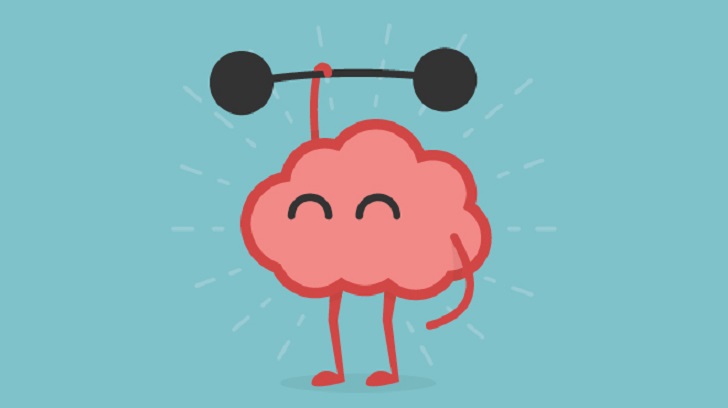The aging process affects all bodily systems, including brain health. You may maintain your brain's youth and reduce your chance of getting Alzheimer's disease and other forms of dementia by adopting specific behaviors and activities. Here are a few things neurologists suggest:
Get physical exercise

Mayoclinic/ Pinterest | If you want to firm up your body, head to the gym. If you want to exercise your brain, listen to music
According to research, exercising your muscles also benefits your intellect. Regular exercise increases the number of small blood arteries that supply the area of the brain responsible for cognition with oxygen-rich blood. Additionally, exercise stimulates the growth of new nerve cells and enhances the connections between brain cells (synapses).
This leads to brains that are more efficient, malleable, and adaptable, which improves the performance of animals as they age. Exercise also lowers blood pressure, improves cholesterol levels, helps maintain a healthy blood sugar level, and decreases mental stress, all of which are beneficial for the brain as well as the heart.
Ditch your routine
There is nothing wrong with consuming the same meal each morning or traveling the same route to work. We are creatures of routine. However, it is healthy for the brain to attempt to mix things up. Even once a week is beneficial. A shift in habit enhances the brain's capacity to acquire and retain new information. Try a new dish or discover a new area of your city.
Eat a Mediterranean diet

Pixabay/ Pexels | Certain foods work hard to protect your brain
Your diet has a significant impact on your brain health. We suggest you adopt a Mediterranean diet, which emphasizes plant-based foods, whole grains, seafood, and healthy fats like olive oil. It has far less red meat and salt than the average American diet.
According to studies, persons who adhere to a Mediterranean diet are less likely to get Alzheimer's disease than those who do not. Further study is required to understand which dietary components have the greatest effect on brain function. However, we do know that the omega fatty acids found in extra-virgin olive oil and other healthy fats are essential for the proper functioning of your cells. They appear to reduce your risk of coronary artery disease, improve mental focus and slow cognitive decline in older adults, and are essential for the health of your heart.
Focus on one thing at a time
Just because you can text, watch television, and check social media at the same time does not make it healthy. When your brain receives many streams of information simultaneously, it must sort through it all. This makes it more difficult for you to concentrate, maintain your memory, and transition between tasks. Go easy on your mind and focus just on one item at a time.

iStockphoto/ Getty Images | Consistent and deliberate action is important for lasting results
Quality sleep
Sleep promotes brain health by eliminating pollutants accumulated throughout the day. Sleep is necessary for optimal brain health and cognitive function. There is a correlation between sleep deprivation and an increased risk of developing mental disorders such as sadness and anxiety.




